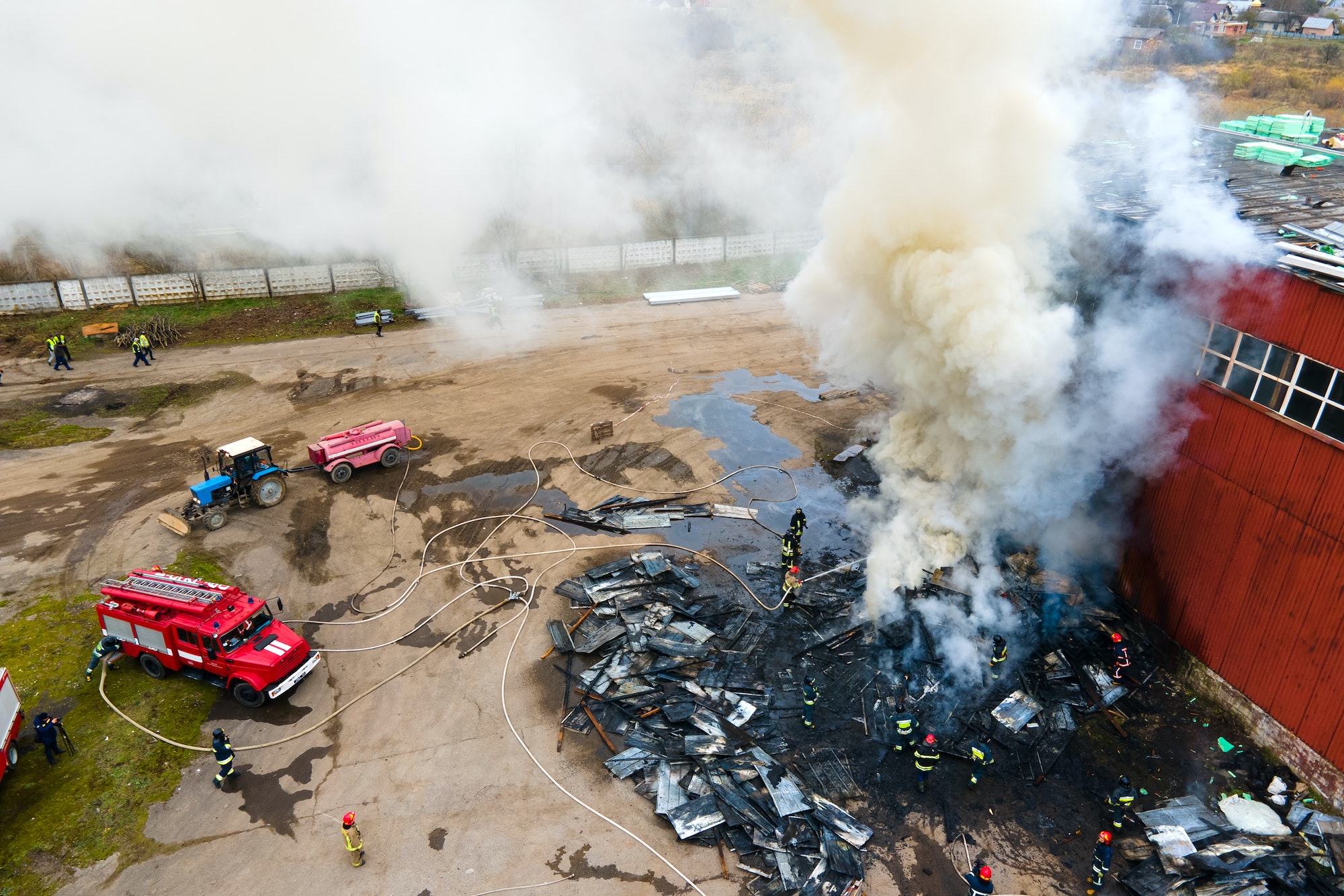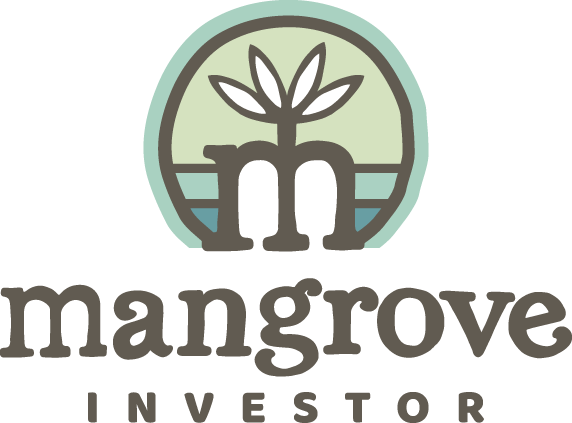

The Friedman Effect
It’s hard not to feel for the residents of Ohio lately.
I turned on the news only to see that Ohio was once again making headlines for an industrial disaster. An explosion at the I. Schumann & Co metal plant ripped apart the factory killing one and injuring thirteen.
Less than a month ago on February 3, a Norfolk Southern train carrying hazardous materials, derailed in East Palestine, Ohio. A bearing overheated on one of the 150 cars on the train.
The Rail Workers United organization commented on the crash:
There is no way in the 21st century, save from a combination of incompetence and disregard to public safety, that such a defect should still be threatening our communities.
Unfortunately, these events are only the latest in a long line of disasters that we put squarely at the foot of Milton Friedman.
Here’s a little history…
In the 1970s, the business world embraced economist Milton Friedman’s theory that a business only existed to make money for its shareholders. Here’s what he said:
There is one and only one social responsibility of business – to use its resources and engage in activities designed to increase its profits so long as it stays within the rules of the game, which is to say, engages in open and free competition without deception or fraud.
And sure, we think shareholder value is important.
But making it the highest goal of a company is absurd. The highest goal of a company should be to make quality products. That is not the same as putting company growth ahead of everything else.
And the last 50 years are littered with the stories of companies that blew up by focusing solely on making more money.
This is how the BP Deepwater Horizon disaster happened. It’s how the BP Texas City refinery exploded. It’s how the Union Carbide plant in Bhopal, India killed nearly 4,000 people. Two Boeing 737 Max crashes killed 346. California’s main utility company PG&E is a repeat offender with a gas line blowing up the town of San Bruno in 2010 and a worn-out power line hook causing the Camp Fire and burning the town of Paradise to the ground in 2018.
The list goes on!
As early as 1970, experts were starting to push back on Friedman’s wrong-headed views.
At the time, Harvard business professor Joseph L. Bower called it “the error in the heart of corporate leadership.”
Today, the movement against this idea is even stronger. And it’s shifting the foundations of companies and institutions all over the world.
But these recent events in Ohio are clear evidence that corporate greed still exists.
This is the kind of risk we take by owning giant old, legacy operators who still cut costs everywhere they can. We recommend our readers take long, hard looks at any holdings like Norfolk Southern.
They can be ticking time bombs in your portfolios.
For The Good
Michael Nichols

Numbers to Know
150,000 Square Miles
Size of the greatest man-made ecological disaster in the history of the United States. The Dust Bowl was a combination of “poor farming techniques, coupled with drought conditions in the region and high winds [creating] massive dust storms that drove thousands from their homes.” (PBS)
12,000
The estimated number of deaths from the Great Smog of ’52, considered one of the deadliest man-made events in history. It was caused by cold, windless weather, combined with airborne coal pollutants. This thick toxic smog covered London for five days. (History)
157
The tragic number of lives lost on the Boeing 737 Max Ethiopian flight 302. The irony is not lost that one of those souls was Samya Stumo the niece of consumer advocate Ralph Nadar. (DailyMail)
What’s New in Sustainable Investing
British Petroleum (BP) paid billions for its reckless corporate culture
The largest offshore oil spill in U.S. history was a massive explosion that killed 11 workers on the Deepwater Horizon drilling rig. This cost BP more than $60 billion in “criminal and civil penalties, natural resource damages, economic claims and cleanup costs.” (The Conversation)
Volkswagen (VW) cheats on the the dirty truth
Some corporate greed does not come in the form of an explosion, but by way of cheating and cover ups. The diesel emissions scandal cost VW $30 billion. (BBC)
Video Of The Week
More Than Just Profits
Harvard Professor Oliver Hart says that profit maximization is important to shareholders, but it’s not the only thing they care about.
Listen to the man himself: Milton Friedman on Phil Donahue after publishing his best seller “Freedom To Choose”




